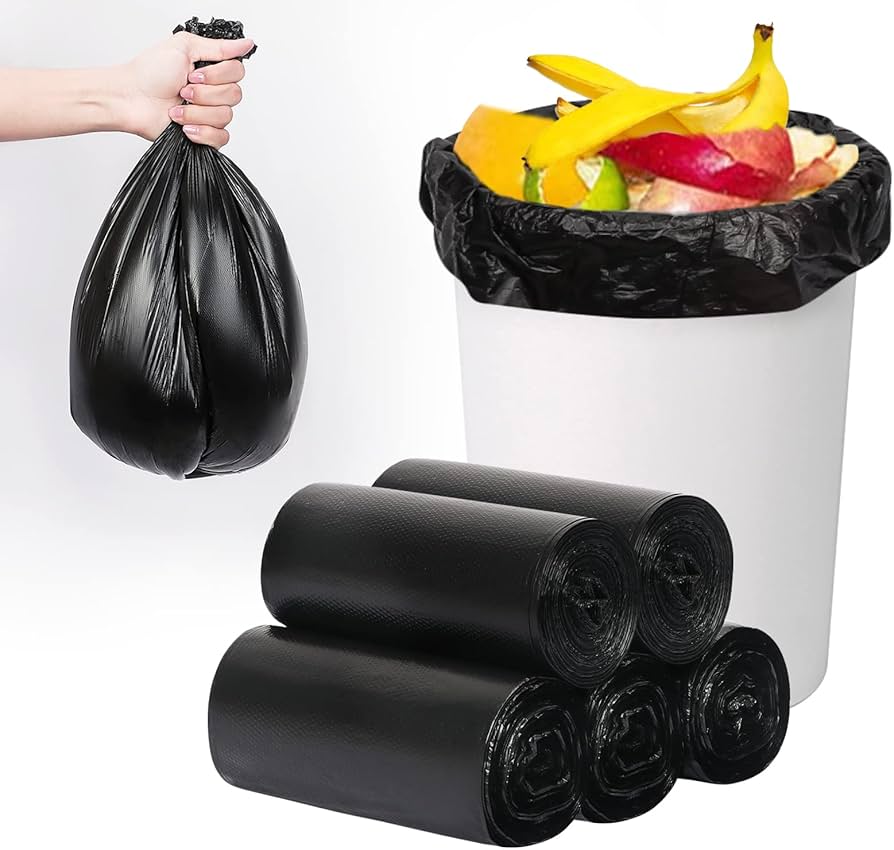Plastic distributors are essential to the global supply chain. They connect manufacturers of raw materials and businesses that use plastics in their production. These distributors act as intermediaries, sourcing a wide range of plastic resins, sheets, rods, films, and specialty polymers and ensuring their timely delivery to customers. Many small- and medium-sized companies would be unable to obtain the volume and variety of plastics that they need for their business without distributors. Distributors provide clients with logistical assistance, storage, and technical advice to help them choose the best plastic for their application. Their services are vital in industries such as automotive, packaging, construction, medical devices, and consumer goods, where plastic is a critical component. Distributors help companies innovate and grow by handling standard plastics and custom-made orders. Their ability to respond quickly to market demands makes them indispensable in a fast-moving, material-intensive economy.
A major advantage of working with a plastic distributor is the wide variety of materials they offer. While manufacturers may specialize in one or two types of plastics, distributors typically carry a diverse inventory, including polyethylene, polypropylene, PVC, acrylic, polycarbonate, and nylon, among others. The variety of plastics available allows customers to find everything they require from one supplier. This saves time and reduces costs. Many distributors stock materials of different colors, sizes and grades. This makes it easy to meet exact specifications. Many also offer value-added services like custom cutting, machining, thermoforming, and labeling to help businesses streamline their production processes. Distributors can reduce waste by consolidating orders, offering flexible quantities and reducing minimums. It is particularly beneficial to small fabricators or manufacturers who may not require large quantities of materials but need high-quality products.
The role of plastic distributors extends beyond simply selling raw materials–they also provide critical technical support and guidance. Distributors often employ plastic experts that understand chemical and mechanical properties and are able to help customers select the best material for their projects. Their input, whether it is choosing a food safe resin for packaging or a UV resistant plastic for outdoor use can improve the performance and durability of a product. They also keep up with industry innovations and trends, which allows them to offer their clients new technologies and materials. They also help clients navigate the regulatory requirements and ensure that plastics meet compliance and safety standards. Customers who depend on distributors for more than just supplies, and for help with problems and advice, will develop long-term trusting relationships. These partnerships are essential for maintaining the quality of products and to meet market expectations.

Plastic distributors are also known for their efficiency in the areas of logistics and supply-chain management. They maintain warehouses and distribution centers that allow them to store large volumes of plastic materials and deliver them promptly to customers across different regions. In industries with tight production schedules, delays could lead to expensive downtime. Distributors use inventory management software, transportation networks and demand-forecasting tools to maximize their operation. Some distributors offer just-in time delivery, which ensures that materials are delivered exactly at the right moment to reduce inventory costs. These capabilities allow distributors to support businesses of all sizes, from local fabricators to multinational corporations. Their logistical expertise helps customers focus on their core operations, confident that material supply will be handled professionally and reliably. This operational reliability can be a great asset in a market that is becoming more competitive and sensitive to time. For more information please visit here https://hargaplastiksampahcor.com/plastik-cor/
Plastic distributors are increasingly focused on environmental sustainability as consumers and industries demand greener alternatives. To help their clients achieve sustainability goals, many distributors offer options made from recycled plastic or biodegradable materials. They also work with manufacturers to source plastics made with lower carbon footprints or derived from renewable resources. Some distributors also participate in recycling programmes that collect scrap plastic and reuse it, which reduces waste and promotes a circular economic system. Educating customers about sustainable material choices and helping them switch to more eco-friendly options has become a part of the distributor’s role. As regulations around plastic use tighten in many regions, distributors are adapting to meet compliance requirements while still delivering high-performance materials. The distributor is positioned as an innovative partner who can adapt to a rapidly changing environment. Sustainability is not an option anymore. It’s now a strategy that benefits both clients and suppliers.
In conclusion, plastic distributors are a vital link in the modern industrial landscape, enabling the flow of essential materials from producers to end-users. They are indispensable in many sectors because they can offer multiple products, support from experts, effective logistics and sustainable solutions. As demand for plastics continues to evolve with advances in technology and sustainability, the role of the distributor becomes even more dynamic and important. Businesses rely on these professionals not only to supply raw materials but also to provide insights, solve problems, and help them stay competitive. Plastic distributors are able to bring innovation, consistency and quality into the supply chain, whether they serve a local manufacturer or a large global one. They are more than just transactional partners. They’re trusted in helping to develop, produce, and succeed with countless products.















